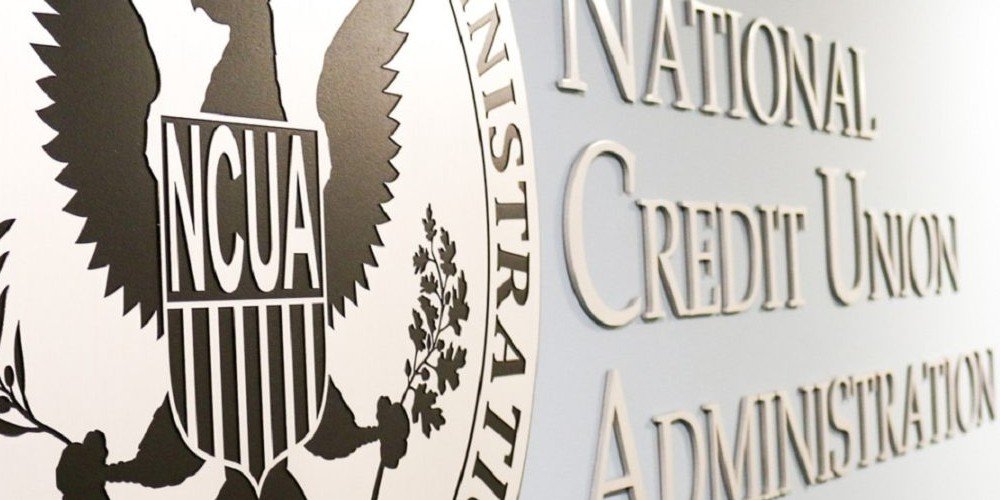In another entry to the never-ending battle over overdraft, NSF, and “junk fees”—with the Consumer Financial Protection Bureau on one side trying to limit such fees and America’s Credit Unions on the other side attempting to combat those limits—the NCUA has released research on credit union fee income, bringing new insight to the argument.
The data shown in the research was collected from call reports submitted by credit unions throughout 2024 to determine how much fee income was being collected, what percentage of total revenue that income accounted for, and whether or not that income was being used to benefit members by lowering other fees and offering better interest rates—a claim often used in defense of overdraft and NSF fees.
While the research showed that most credit unions were not overly reliant on fee income, there were some whose fee income accounted for over 18% of their total revenue. In addition, despite the claims above, the data noted that credit unions with higher overdraft and NSF fee income did not have lower fees in other areas nor did their high fee income translate into lower interest rates for members.
While the organization avoided taking a direct stance on the CFPB’s overdraft limits and how these findings might support such rulings, the research does seem to refute a few key arguments made by supporters of the fees. The NCUA’s primary takeaway, however, was to urge credit unions to reevaluate their programs and caution credit unions against relying too heavily on fee income—not out of fear of CFPB policy, but for the safety of the credit union.
In response to the research, NCUA Chairman Todd M. Harper noted, “The findings suggest that credit unions are not offsetting this income through reduced fees for other services or lower interest rates. Credit unions that rely heavily on fee income from overdrafts and NSF fees have concentration risk issues, which raises potential safety-and-soundness concerns. And, on the other side of the transaction, consumers who can least afford it are often paying an oversized portion of those fees. It’s time for credit unions to rethink their overdraft and NSF programs.”
You can read the research note in its entirety here.
































































